In the evolving world of data driven marketing the terms CDP vs CRM vs DMP often cause confusion for businesses trying to use customer information effectively. Today marketers & CX professionals need clarity on how each system manages data shapes strategy & impacts customer experience. In this blog you will learn clear differences between each tool how they work how they serve different goals & how to choose or combine them wisely. Let us dive in & demystify these platforms.
1. What Each Platform Is
What Is a CDP
The Customer Data Platform (CDP) collects data from many sources online or offline cleans it & builds a unified profile for each customer. These profiles help marketing teams personalize messaging offer recommendations & predict behavior across channels.
What Is a CRM
The Customer Relationship Management (CRM) system records direct interactions with customers such as phone calls emails chat records purchases & service history. It helps teams in sales support & customer success manage relationships & workflows.
What Is a DMP
The Data Management Platform (DMP) collects mainly anonymous third party or second party data such as cookie IDs to build audience segments for ad targeting. It supports advertising & media buying with non identifiable user data.
2. How They Differ
- Data Sources & Types: The DMP relies on anonymous third-party data for targeting. The CRM holds first-party contact data from direct interactions. The CDP unifies first-party data & sometimes second-party data into a persistent profile.
- Primary Purpose: The CRM focuses on managing customer relationships & support. The DMP is for anonymous audience targeting & ad campaigns. The CDP powers real time personalization across the lifecycle.
- Data Retention & Personalization: The DMP keeps data short-term & anonymous. The CRM & CDP record data long term, but only CDPs offer full omnichannel personalization powered by unified data insights.
- Use Cases: The CRM is used by sales or support to manage daily customer workflows. The DMP is used by advertisers for media targeting. The CDP is used by marketing & CX teams for unified campaigns personalization & analytics.
3. Why These Differences Matter
For Marketers
The understanding of CDP vs CRM vs DMP helps assign the right tool to the right need. We can use a CRM to nurture & convert leads. We can use a CDP to unify customer behavior & deliver personalized messages. We can use a DMP to find new audiences & scale ad campaigns.
For ROI & Strategy
The CDP enables smarter segmentation deeper insights & better retention. The CRM supports efficient customer management & process tracking. The DMP improves ad targeting & media spend efficiency.
For Data Privacy & Compliance
The CRM & CDP work with identifiable data & must follow consent & privacy rules. The DMP operates anonymously, which reduces PII risks but offers limited personalization.
Short Paragraph Summary
The comparison of CDP vs CRM vs DMP shows that each serves a unique business need. The CRM focuses on managing customer interactions. The DMP supports anonymous ad targeting. The CDP unifies customer data to power personalization & cross-channel marketing. The knowledge of their strengths helps teams choose or integrate them for better customer engagement & results.
4. Quick Comparison Table
| Platform | Data Type | Primary Use | Users | Data Retention | Personalization Level |
|---|---|---|---|---|---|
| CDP | First party & some second party | Unified customer profiles & multi channel personalization | Marketing CX Product | Long term | High real time omnichannel |
| CRM | First party contact & interaction data | Relationship & pipeline management | Sales Support | Long term | Medium manual messaging |
| DMP | Third party anonymous data | Ad targeting & look alike modeling | Advertisers Media teams | Short term | Low anonymous segments |
5. Conclusion
The choice between CDP vs CRM vs DMP depends on your goals.
- The CRM is best to manage customer contact service & sales workflows.
- The DMP is best to expand your reach with anonymous audience targeting.
- The CDP is best to unify data & deliver personalized experiences across channels.
These organizations benefit by combining all three. The DMP acquires new audiences. The CDP unifies data & personalizes. The CRM converts & supports. The aligned data stack powers smooth customer journeys stronger engagement & smarter decisions.


